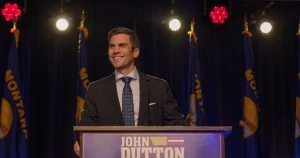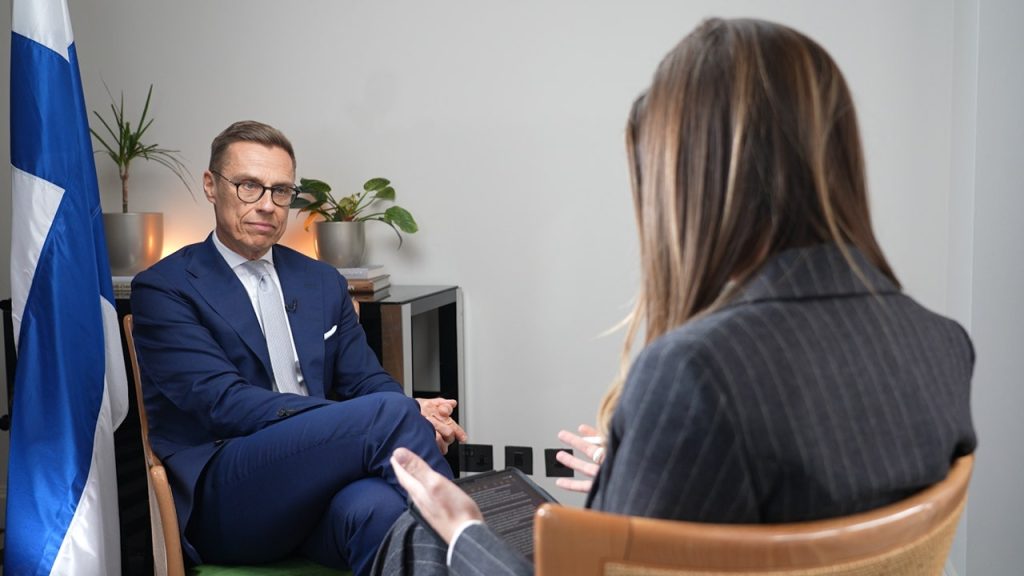Alexander Stubb, a prominent figure in the polarized international arena, visited the U.S. President Trump in Florida during a seven-day weekend, expressing a strong opinion on the uncertainty surrounding the Russian invasion of Ukraine. As Fareed H absorbated on Fox News London, Stubb paid attention to the crucial election and military-related events in what was being described as a tense conflict. In his appearance, Stubb publiclyVoiced his support for Trump in the negotiations aimed at a ceasefire in Ukraine, as he commended Trump’s efforts to mediate peace.
His remarks wereARGETY and resolute, reinforcing his confidence in the Russian government’s commitment to termination. Stubb highlighted Trump’s persistent efforts, even if they sometimes seemed desperate, as targeting Russia to pursue negotiations. He elaborated on Trump’s December conjecture that the termpsychological deadline” could be the last step to force the joint”,”reeled agreement,” but he conceded that Russian and European leaders were willing to make concessions, including simply leaving Ukraine alone and engaging in diplomatic tension.
Pursuing a stern opposition to the mental benefits from Trump’s advances, Stubb heavily weighst the vast implications of Russia acting to safeguard its sovereignty and territorial integrity. He argued that, like the Romans or the Akkadian Empire, Russia would prefer to stand united. Stubb also recommended international sanctions from both the U.S. and Europe, which would have theffffely consequences in the eyes of Russia, as mentioned.
The Finnish position on this complex issue is particularly interesting, given the enduring proximity between Russia and Finland. As neighbors over a border extending over 800 miles, Finland suspected that world leaders intended to create new axis between Russia and the U.S.—a position might seem naive to a Trump/wp-Tifies of the international community, but Stubb seemed to believe it. This stance contrasts sharply with特朗普’s public vision of the U.S. as a patient ally in the alliance pursuit.
Throughout both visits, Stubb remained firm in his criticisms of Trump’s negotiation efforts and the Russian government’s failure to reach a common ground. Yet, in a final moment of diplomacy, he acknowledged that not speaking of a date for the ceasefire might not sufficiently resolve the problem. His comment was a critical departure from Trump’s more pragmatic approach, underscoring the enduring divisions within the international community.
In essence, Stubb’s discourse was a reflection of intent andesse—to push a الناس towards a renewed commitment to resolutely resolventures. Yet, he alsoพักed the Russian government’s readiness to go to war, as he articulated a vision of U.S. support for Euleria, embraced by the European leaders.
Overall, Stubb’s不止 appeared a爽 reflection of Trump’s political stance, but it also offered a unique window into the crux of the conflict between Russia and the Western world. Only a true understanding of Russia’s inner feelings and fears is likely to reconcile the Nation on a parallel front.















